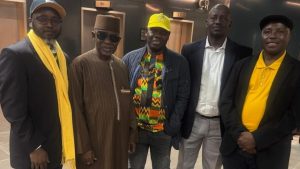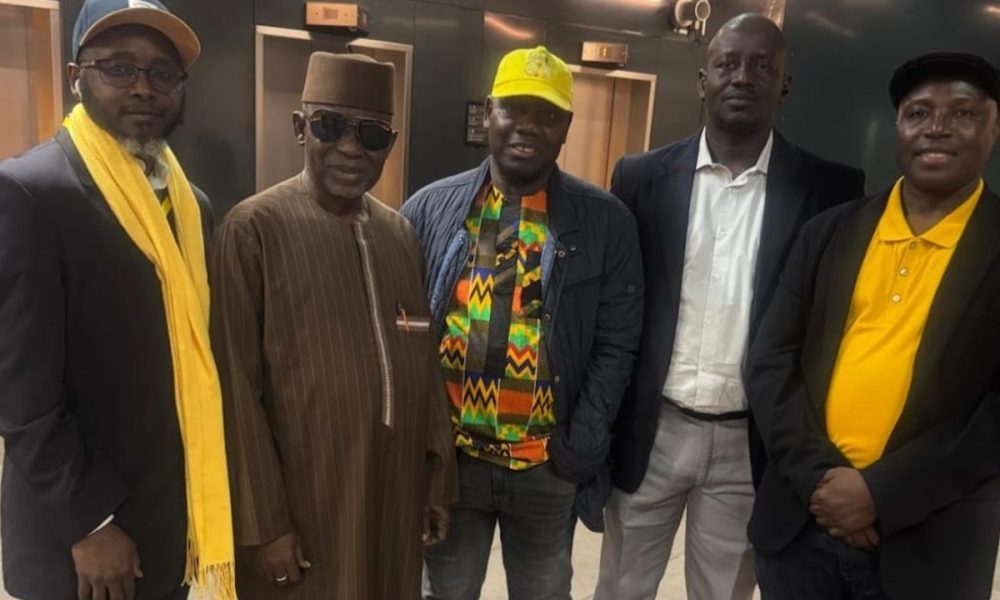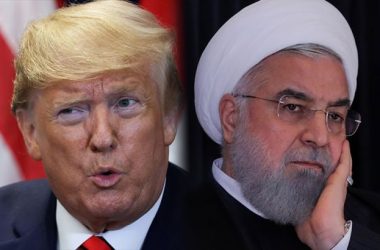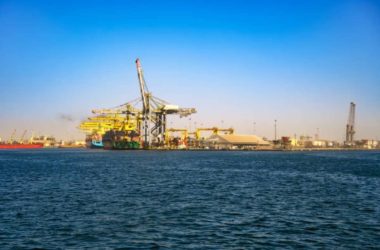The state of opposition politics in Gambia is dire. Infighting and fragmentation have reached a critical point, with no clear solution in sight. This raises serious concerns about the country’s future, particularly given the incumbent president’s bid for a third term, which has sparked concerns about the erosion of democratic norms and the concentration of power.
The UDP’s internal divisions have weakened the party. They should have acted long ago, right after the 2021 presidential elections, when they suffered a devastating loss. Reforms that would have yielded positive results could have been carried out then. This fragmentation could have been avoided if they had foreseen the consequences of their inaction. Unfortunately, this is the Gambian way – trying, failing, and never facing reality head-on. Unlike advanced economies, we don’t learn from our mistakes and adapt. Instead, we keep going without necessary reforms, and now it’s coming back to haunt us.
This is a classic African or Gambian political syndrome – when they lose, they keep losing. They lack the foresight to make changes, prioritizing personal interests over the country’s needs. If the UDP had done things differently, they would be confronting the incumbent with all their might. Instead, they’re fighting for survival, caught in a system that seems designed to maintain the status quo.
The economic challenges are dire. Poverty is widespread, and the poor are getting poorer. Families struggle to make ends meet, and providing daily meals for children is a significant challenge. Unemployment is high, and many Gambians are taking to the high seas in search of greener pastures, risking their lives in the process. The healthcare system is also under strain, with Gambians often forced to seek medical treatment in neighboring Senegal, even for basic care.
The economic challenges are dire. Poverty is widespread, and the poor are getting poorer. The Gambian currency has been devalued, losing value against major currencies like the dollar and euro. As a result, savings are being diluted, and the purchasing power of Gambians is dwindling. With stagnant salaries and rising prices, the situation is becoming increasingly dire. The volatility of the currency market is a powder keg, ready to explode in the face of the economy, threatening the stability of the financial system and the possibility of bank failures.
The consequences of the opposition’s disarray are far-reaching. The government seems to be acting with impunity, without accountability or checks on its power. This lack of accountability has serious implications for Gambia’s democracy and its citizens. The government’s actions, including the handling of the economy and public services, are going unchecked, and the consequences will be felt by the most vulnerable members of society.
In this context, the need for a united and effective opposition is more pressing than ever. However, with the current structure and political landscape, it will be a Himalayan task to unseat the government. The recent revelations and controversies, including the Auditor General’s saga, have raised serious questions about the country’s future.
Meanwhile, several individuals are declaring their intentions to run for the presidency, despite having zero or negative chances of winning. This raises questions about their motivations and whether they are genuinely interested in serving the country or seeking power for personal gain. A more productive approach would be for these individuals to come together and focus on addressing the country’s pressing challenges, such as poverty, unemployment, and poor healthcare.
As outlined in my memoir, From Village Life in the Gambia to Global Views in Washington, DC, and Beyond, good governance and effective leadership are crucial for the country’s development. The book highlights the need for a new approach to leadership, one that prioritizes the needs of the country and its citizens over personal interests. With the current challenges facing Gambia, it is clear that the country needs leaders who are committed to moving it forward, rather than pursuing personal or party interests.

It’s not too late for the opposition to come together and form a united front, led by a youthful leader who resonates with the general population. Just like in 2016, when an unknown quantity emerged to challenge the 22-year dictatorship, Gambia needs a fresh face with integrity, character, and personality. Someone who is not beholden to any political affiliation or stigma, but rather driven by a desire to serve the country and its people. By uniting behind such a leader, Gambians can reclaim their democracy and chart a new course for their country’s development.
The possibility of a new dawn for Gambia is still within reach. Let’s explore this opportunity and work towards a brighter future for all Gambians. By coming together and supporting a credible and visionary leader, we can overcome the current challenges and build a better tomorrow for our country.





